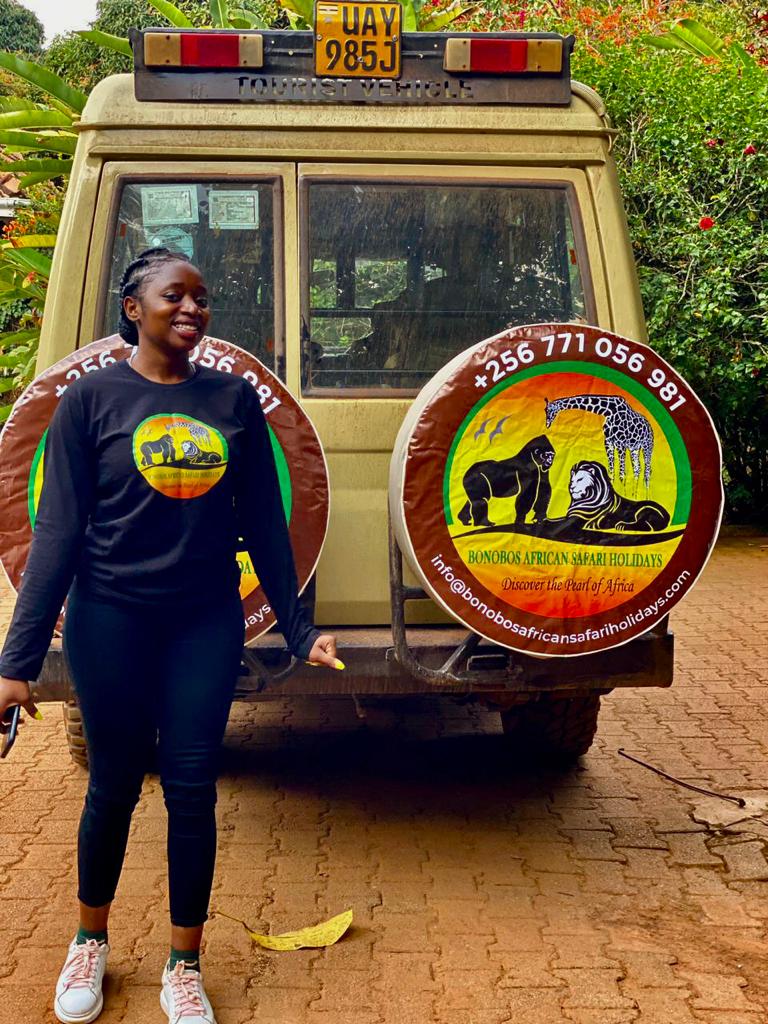“Ensuring Safety on African Safari Holidays
African safari holidays offer a unique and unforgettable experience, allowing travelers to witness the stunning landscapes and diverse wildlife that the continent has to offer. However, safety is a paramount concern for those considering embarking on such an adventure. In this guide, we’ll explore the safety aspects of African safaris, providing insights and tips to ensure a secure and enjoyable experience.
-
Choose Reputable Tour Operators:
Selecting a reputable tour operator is the first step in ensuring a safe safari. Research companies with positive reviews, certifications, and a track record of responsible tourism. Established operators prioritize safety protocols, employ experienced guides, and adhere to industry standards.
-
Research Destinations:
Different regions in Africa offer varying safari experiences. Research the safety conditions of your chosen destination. Political stability, wildlife density, and local healthcare facilities are factors to consider. Popular and well-established safari destinations often have robust safety measures in place.
-
Health Precautions:
Prioritize your health by consulting a travel clinic or healthcare professional well before your trip. Vaccinations, malaria prophylaxis, and other preventive measures are crucial. Carry a well-stocked first aid kit and any necessary prescription medications.
-
Guided Tours and Professional Guides:
Opt for guided tours with experienced and qualified guides. Knowledgeable guides not only enhance your safari experience but also ensure your safety by understanding animal behavior, navigating terrain, and responding to emergencies.
-
Wildlife Encounters:
Respect wildlife and maintain a safe distance. Follow the guidance of your guides, stay inside designated vehicles, and avoid making sudden movements. Wildlife is unpredictable, and adherence to safety guidelines minimizes the risk of dangerous encounters.
-
Accommodation:
Choose accommodations with a reputation for safety. Camps and lodges in reputable reserves often have stringent security measures. Follow lodge guidelines, especially regarding movement during nighttime hours.
-
Communication and Emergency Plans:
Ensure that your tour operator has effective communication systems in place. Emergency plans should be well-defined, with clear procedures for medical emergencies, evacuations, and contact with local authorities. Carry a fully charged phone and any satellite communication devices provided by the operator.
-
Local Customs and Etiquette:
Familiarize yourself with local customs and etiquette. Respecting the culture of the region you are visiting contributes to a positive and safe experience. Understand and adhere to any guidelines provided by your tour operator or guides.
-
Travel Insurance:
Invest in comprehensive travel insurance that covers medical emergencies, trip cancellations, and evacuation expenses. Confirm that your insurance policy is tailored to the specific requirements of an African safari.
Conclusion:
African safari holidays are generally safe when undertaken with careful planning and consideration. By choosing reputable operators, prioritizing health precautions, respecting wildlife, and being aware of local customs, travelers can enjoy a secure and enriching safari experience. Remember that safety is a collaborative effort between tourists, tour operators, and the local community, ensuring the preservation of both natural wonders and the well-being of all involved.

